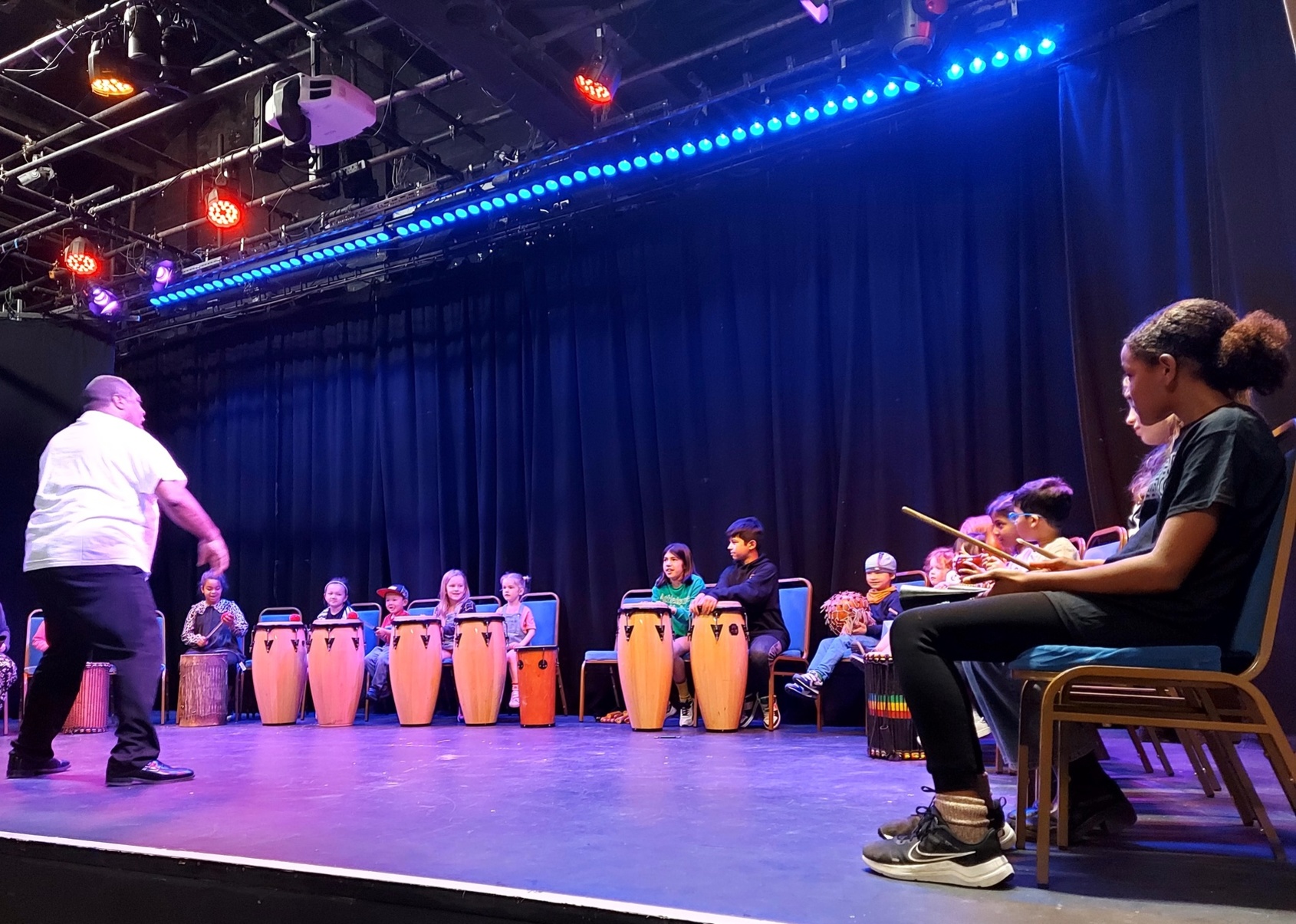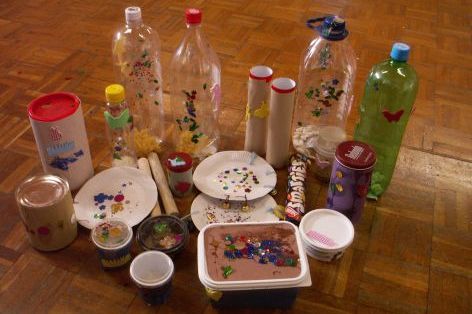How To Get The Most Out Of Your Workshop
We’ve put together the below ‘tips’ to help you have the best experience with us.
Be clear about what you want – and ask us if you don’t know!
Let us know if you have a clear vision of the kind of workshop you’d like.
Think about learning outcomes or the type of experience you want participants to have.
If you have no idea, then get in touch and talk through the options, identify what would work best for you and design the perfect workshop

Ensure suitable rooms are available
To have the best experience, the venue for the workshop is really important. For many of our workshops, we need a space big enough for a circle of chairs.
Many of the workshops can also get quite noisy (30 djembes playing together is not quiet!) – so the potential for the sound to impact neighbouring activities needs to be considered, particularly during exam periods.
Where the musician is supplying instruments (e.g. Samba, Junk percussion, African Drumming) – easy access to the room from the car park is vital too.
Many schools use their school halls as the venue for the workshop – this works well in terms of being a large enough space and means the musician can stay in the same room all day rather than moving instruments between sessions.
If the workshops are taking place in a hall that is also used for lunch – do confirm what time the lunchtime staff start setting up and what time they usually finish cleaning – it may take longer than you think!


Preparing for the workshop and following up
Some schools like to keep the workshop as a surprise so the participants only find out what they’ll be doing that morning. Other schools like to prepare participants by introducing them to the music they will experience at the workshop, and many schools want to build on the session afterwards with follow-up activities.
For our junk percussion workshop, you might want the participants to make their own instruments to use at the workshop. If so, check out our junk percussion resource pack.
If you are not sure on where to start with introducing the participants to the topic, do contact us and we can recommend some resources. By adding introductory sessions or follow-up activities, you are adding extra value to the workshop – getting the most for your money!
Do plan the schedule for the day. Generally we can fit 3 sessions into a half day (up to 3 hours) and up to 7 sessions into a full day. Sessions should be about 30 minutes for EYFS to Year 2 and ideally 40 minutes or longer for Year 3 and up. We can work intensively with fewer groups in a day. Don't forget the musician will need breaks!
Things to think about ...
Ensure staff know the musician is coming. Do ensure all staff, particularly office staff and site managers / caretakers, know the musician is coming and who the key contacts are. This avoids our musician sitting outside school offices while key contacts or the relevant workshop space are tracked down or identified.
Ensuring parking is available really helps. If you can reserve a parking space for our musician(s) that would be appreciated, particularly if they are supplying instruments for the workshop.
Help with unloading instruments first thing and loading the vehicle again at the end of the project is appreciated. Have you ever had to unload 30 djembes (African drums) and carry them across playgrounds, through closed doors which require a fob / swipe card, to a space on the opposite side of the school? It can take about 10 trips to unload alone – so help with unloading is really appreciated!
Directing staff to facilities. Most teachers do this, but in the rush of preparing for the workshop on top of their usual activities, sometimes directions to the toilets and staff room get forgotten. It’s really helpful to have these details!









